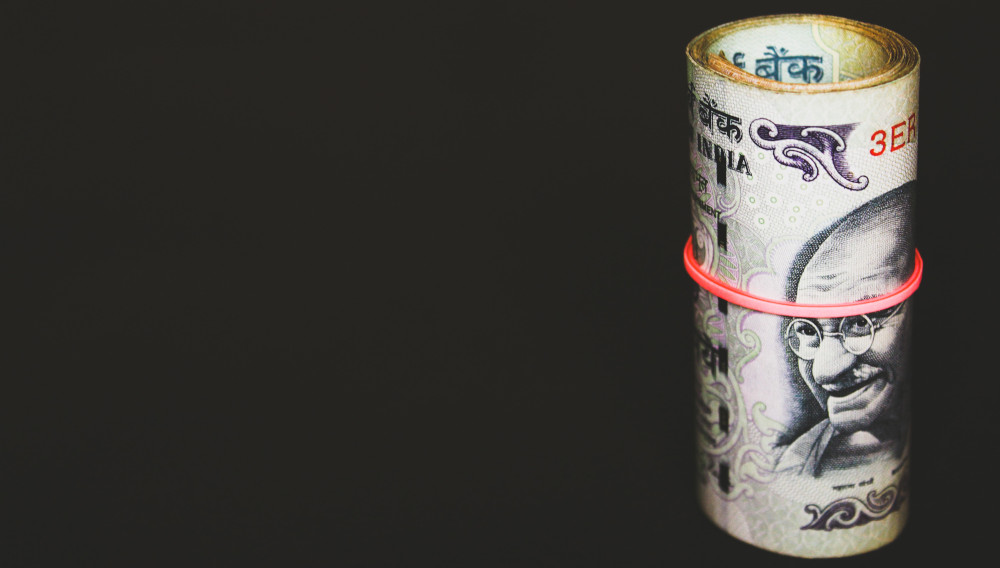Report details how Carlsberg, SABMiller and UB fixed beer prices in India
India | Top executives of Carlsberg, SABMiller and India’s United Breweries (UB) exchanged commercially sensitive information and colluded to fix beer prices in India over eleven years, according to a government antitrust investigation released in December 2020.
As says Reuters, which has seen the report, the Competition Commission of India (CCI) in 2018 raided the offices of the three brewers and started an inquiry. The investigation’s findings – which are not a final judgment of wrongdoing – cast a shadow on the brewers, which account for nearly 90 percent India’s USD 7 billion beer market.
Senior CCI members will consider the 248-page report as they decide on fines, which could exceed USD 250 million. The CCI members can agree with or dispute the findings of its investigation team.
The evidence is compelling
Executives’ conversations, WhatsApp messages and emails contained in the report show that the companies regularly colluded to increase prices in “several states”, effectively forging a cartel. The report concluded that the cartel existed between 2007 and October 2018.
The companies also used the All India Brewers Association (AIBA) as a “common platform” to decide collectively on prices.
At least three times, executives exchanged messages urging one another to keep their plans quiet. “We should avoid getting caught,” AIBA’s director general wrote in an email in 2016 to executives of the three companies.
The case was triggered when AB-InBev used CCI’s “leniency programme” to disclose that it had detected a cartel while integrating SABMiller’s operations in India. Later in 2018, UB and Carlsberg also filed leniency applications, Reuters reported.
Under the programme, the CCI can reduce the penalties it imposes on companies depending on the cooperation they provide.
Cartel damages
Collaborating on price increases gives companies higher negotiating power and avoids a price war while deterring competition and hurting consumers.
India’s alcohol market has complex rules. States regulate taxes and prices, which are every year approved by local authorities.
Tax earnings on alcohol also form a major part of states’ revenues, and the investigation said the beer companies had held talks at least three times between 2015 and 2018 to create artificial scarcity in order to pressure governments on policy changes.

